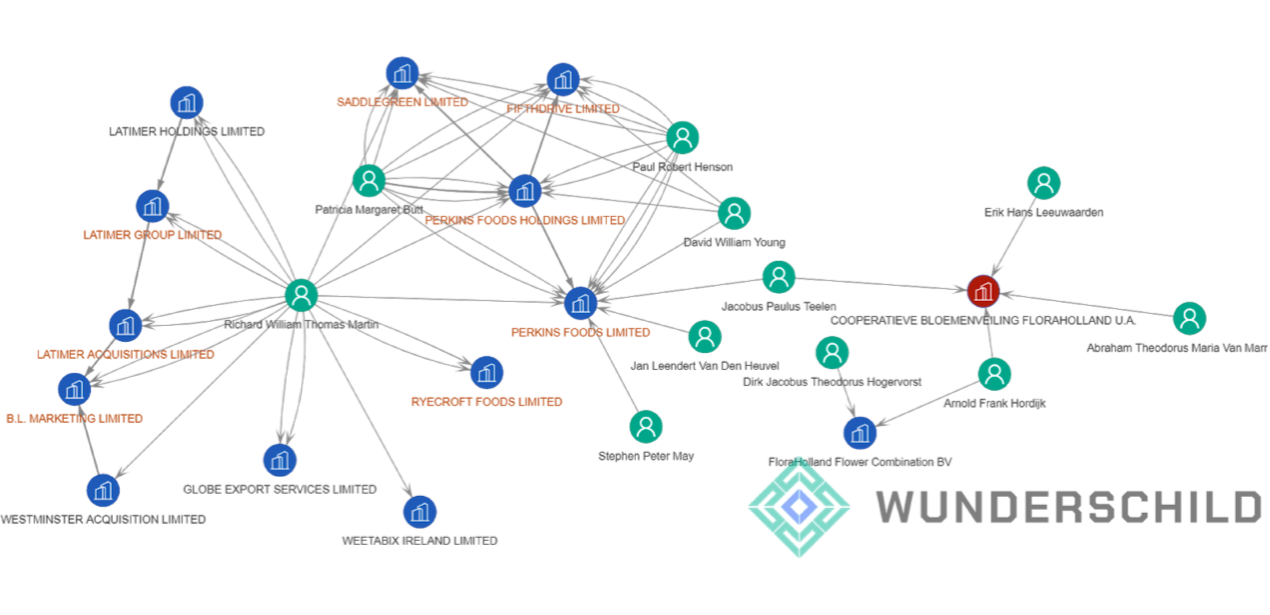
The global economy is facing an unprecedented contraction, and the rate of default is artificially kept at lower levels by expansionary monetary policies. For small and medium businesses, access to traditional financing is massively hindered. Institutional investors and venture capitalists are more selective and are replacing banks in financing the real economy. In this economic distress, business angels become one of the primary financing sources for startups and SMEs. And here the problems begin...
Business angels are high net-worth individuals acting as private investors who provide funding for projects or start-ups during their initial stage. Platforms and syndicates of business angels are booming everywhere, surfing mainly the wave of enthusiasm around the economy’s digital transformation. This financing instrument is not regulated, not transparent and with significant exposure to financial crime risk. Why?
On the one hand, many business angels do not have the best intentions when investing in a small company. Most angel investors dream of being Peter Thiel and their investee becoming the next Facebook. The reality shows that most business angels do not have the adequate wealth or knowledge to qualify as investors in illiquid, high-risk shares. Many angels may well have some life savings and get involved in risking their money in a startup that fades away in a few months. This opens the gates to long, costly and painful litigations.
Moreover, in the ranks of angels, a few have malicious intentions. Using early-stage companies for money laddering or tax evasion is a lucrative business. Currently, there is very little focus on financial crime in the space of private investors. Start-ups and SMEs do not have the means to vest their angels, and they may end up stuck with investors having a shady past or with a source of wealth bearing a dark history.
On the other hand, most business angels do not assess properly the startups they finance. Investment decisions are generally made based on 3 minutes presentations. Business angels are in many cases seduced by sensational stories and promises given by founders who know to pull the strings of cognitive biases. Who is in a better position to exploit cognitive dissonances than con-artists, scammers and fraudsters? There are several cases of prominent start-ups founded by individuals involved in tax evasion cases that got private investors’ funding. The risk for business angels getting commingled in such endeavours is very high. A few dozens thousands of dollars placed in the wrong company can transfigure an averagely informed individual into a business fallen angel.
Currently, there is no regulatory framework for private individuals investing in early-stage companies. The tax incentives offered by various jurisdictions to channel private savings in young companies constitute another potential avenue facilitating tax evaders.
There is a slim grey line separating business angels and business demons. The lack of awareness of both founders and investors with respect to financial crime risk is a fertile ground for perpetrators and predators taking advantage of the loopholes in this area of the investment arena.
“We need to divorce ourselves from venture capital as an occupation and focus on using capital as a way to take really big bets on things that just seem totally audacious.”
Chamath Palihapitiya, Canadian-American venture capitalist
Focus: FloraHolland
The last three years were rough for the Dutch banking industries. ING, the leading bank from the Kingdom of the Netherlands, paid over a quarter billion euros for insufficient KYC anti-money laundering processes. In 2021, it is ABN Amro’s turn to face regulators and investigators for structural failures in customer screening, money laundering and terrorist financing checks. The troubles for the Dutch bank started in 2019, when it entered under the scrutiny of the Public Prosecution Service for possible violations of money laundering and counter terrorism financing laws.
One of the cases highlighted in this investigation concerns FloraHolland, a Dutch conglomerate of florists. A FloraHolland employee embezzled more than 4 million euros by diverting money from the ABN Amro account to Gibraltar, gambling sites and shell companies.
FloraHolland consolidates the activities of several flower traders. The company has a subsidiary in the United Kingdom. Jacobus Teelen, one of the persons connected to the British branch, has interests in a company called Perkins Foods Limited which had legal charges. Moreover, the underlying network around this company includes several companies bearing legal charges in British courts.
Such cases underline the limitation of current screening frameworks focusing exclusively on a standalone assessment of a client, thereby ignoring the underlying network.

Focus: Thomas Sandell
Swedish billionaire Thomas Sandell, the hedge fund Sandell Asset Management owner, reached a 105 million USD tax evasion settlement with the Internal Revenue Service. The Wall Street tycoon built a complex scheme to divert his revenue and to avoid taxation in the state of New York. Instead, he claimed residency in Florida, where taxes were lower.
Interestingly, a whistleblower unravelled the entire case in 2018, thereby triggering the investigation. The whistleblower that remained anonymous was compensated with 22 million USD.
The word on the street: RaiseBet24
Since the 2000s, Malta has become the heaven of the online sports betting industry. The leading online betting platforms are domiciled in the tiny Mediterranean country. A recent investigation called “Operation Double Game” led by Italian law enforcement operated 23 arrest and frozen assets worth 85.8 million USD. Italian prosecutors state that Malta Gaming Authority-licensed site RaiseBet24.com laundered 74.2 million USD for the Sicilian mafia.
Matters about the misuse of gambling platforms for money laundering were raised since 2018 by various whistleblowers.